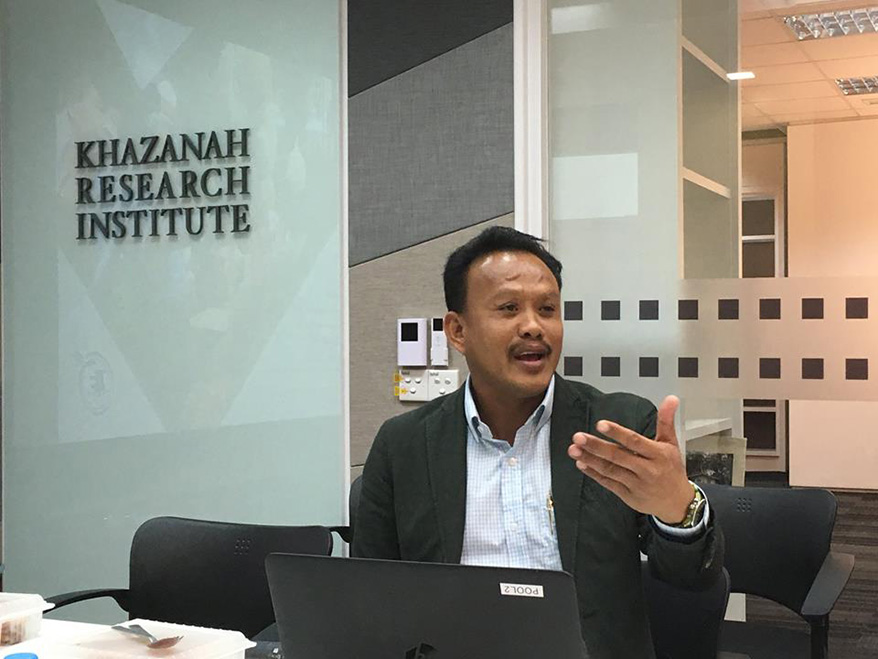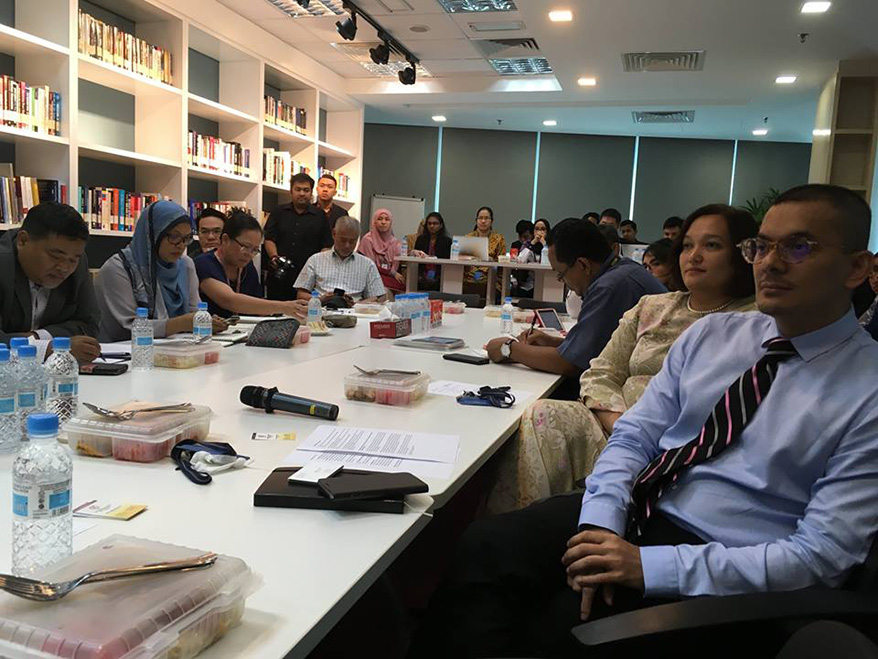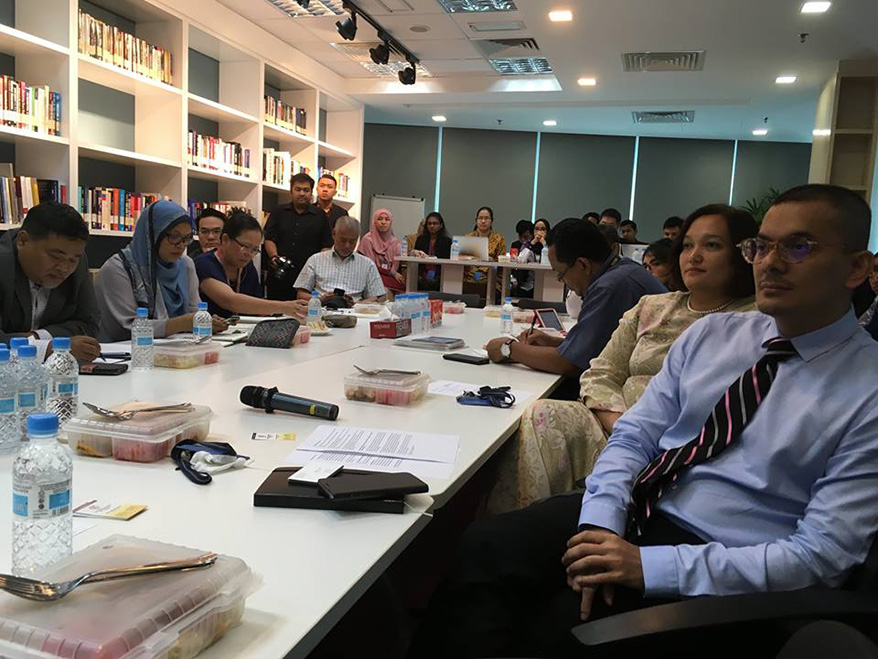On 18 May 2017, guest speaker Dr. Mohd Desa Hassim, CEO of International Tropical Fruits Network (TFNet), presented at the second Khazanah Research Institute (KRI) Brown Bag Seminar on a topic titled “Malaysia: Current Scenario and Way Forward for the Fruit Industry”.
Dr. Mohd Desa started the session by discussing the importance of tropical fruit industry and current scenario in Malaysia, followed by the industry’s position in the global fruit trade. He then addressed the issues and challenges faced by the industry and wrapped up the discourse with suggestions on how to improve the industry moving forward.

Key Takeaways
During his presentation, Dr. Mohd Desa highlighted the importance of tropical fruits, such as health benefits and income generating potentials. He mentioned that tropical fruits can help to combat malnutrition or hidden hunger as they are rich in macro- and micro-nutrients, as well as various bioactive polyphenols contents that are purported to have beneficial effects, such as improving intelligence and increasing life span. Additionally, tropical fruit planting can be a source of income for poor households, especially those in developing countries.
In 2014, Malaysia recorded fruit consumption of 2.8 million tonnes, registering a growth rate of nearly 32% from 2.2 million tonnes in 2005. However, domestic production has been falling behind the increasing demand, where the fruit planted area decreased from about 280 thousand hectares in 2005 to 202 thousand hectares in 2014. Meanwhile, fruit self-sufficiency level (the capacity of domestic supply to fulfil domestic demand) decreased from 74.7% in 2005 to 56% in 2014. Dr. Mohd Desa shared various reasons for the low supply: some might view the fruit industry as no longer profitable, which leads to conversion of plantation areas to development areas; landowners’ preference to plant “lazy crops” which require less management, such as oil palms; and agro-climate change in a particular area which makes it no longer suitable for fruit planting.
In the context of Malaysia’s performance in the global fruit trade, international comparison showed that our country experienced a lower fruit productivity (tonnes of fruits produced per hectare) compared to its regional peers, such as Philippines, Indonesia, Thailand and Vietnam. Data from the Department of Agriculture (DOA) showed that in 2015, Malaysia’s fruit trade registered a negative trade balance of approximately RM 2.2 billion, with total fruit exports of RM0.96 billion and total fruit imports of RM3.2 billion.
He explained the challenges faced by the industry, especially on supply side. These include the lack of research and experts in the industry, seasonality issues, emergence of new fruit diseases and pests, improper supply chain management, lack of economies of scale for small producers, as well as challenges in meeting global standards and trade compliance. On the demand side, it was observed that there has been a lack of awareness among international consumers on Malaysian tropical fruits and the mismatch problems between export preferences and the target market.
Moving forward, Dr. Mohd Desa gave few recommendations to further develop the industry, such as intensifying the research and development initiatives, especially in the methods to fight pests and diseases; improving the harvesting technologies; moving into large scale productions; pushing for value creation by introducing derivatives, such as fruit pudding; promoting agro-tourism; striving to meet global food safety and quality standards; as well as refining policies and trade agreements to benefit the local fruit industry.
During the Q&A session, participants discussed the risk management aspects in the tropical fruit industry. The initiatives proposed include product diversification by growing more varieties in the same fruit family, like pisang raja, pisang nipah, pisang emas, pisang rastali, etc. for banana. Other measures may be in the form of financial instruments, such as crop insurance to help farmers mitigate risks and manage the financial impact due to weather factors, as well as fruit diseases and pests.
Dr. Mohd Desa concluded the presentation by stressing that the government should formulate a clear and long term goal and what the nation’s tropical fruit industry aspire to achieve. At the same time, policymakers and stakeholders should understand that efforts to improve performance of fruit industry are challenging and take time to bear fruit.
Source: KRI


